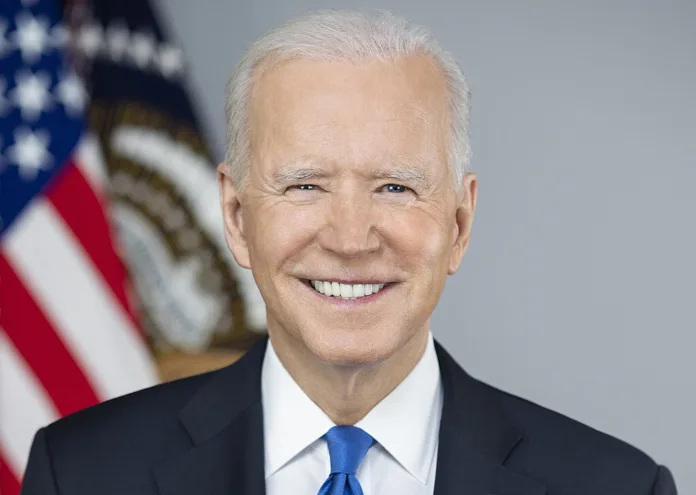President Biden considers significant changes, including term limits and ethics reforms, following a series of contentious rulings from the Supreme Court
President Joe Biden is actively exploring a range of reforms aimed at the U.S. Supreme Court, including the possibility of establishing term limits for justices and strengthening the court’s ethics standards. This potential shift marks a significant departure for the Democratic president, particularly in response to the court’s recent decisions, such as the revocation of federal abortion rights and a ruling granting former President Donald Trump immunity for certain actions taken while in office.
Reports indicate that Biden discussed these potential reforms during a recent call with the Congressional Progressive Caucus, stating he is consulting with legal experts and plans to announce details soon. The proposed changes come as the Supreme Court’s conservative majority, appointed during Trump’s presidency, has issued a series of rulings that many Democrats view as undermining progressive values.
Embed from Getty ImagesWhite House Press Secretary Karine Jean-Pierre has refrained from providing specifics on the reforms, emphasizing the administration’s ongoing evaluation of the situation. The discussion of reforms has intensified in light of controversial rulings, including the recent decision that upheld broad immunity for presidents, affecting several criminal cases involving Trump.
Biden’s consideration of reforms represents a shift in his stance; he previously resisted calls from within his party to make changes to the court’s structure. Many Democrats argue that reforms are essential after Trump successfully appointed three justices, resulting in a 6-3 conservative majority that has significantly influenced pivotal issues such as abortion, gun rights, and environmental regulations. The court’s decisions have left a notable impact on Biden’s administration, including the dismissal of his student loan forgiveness plan, which sought to relieve billions in debt for Americans.
As discussions about reform intensify, Biden is also contemplating support for a constitutional amendment that would challenge the immunity recognized by the Supreme Court. Should he announce these reforms, they could serve as a pivotal campaign issue ahead of the upcoming elections, especially as he highlights the court’s rulings during his campaign appearances.
Biden frequently addresses the implications of the Supreme Court’s decisions on his policies and the broader American landscape. He has openly criticized the court’s ruling that overturned Roe v. Wade, emphasizing the potential consequences of allowing Trump to appoint additional justices should he return to power. “Just imagine if he has two more appointments,” Biden remarked, underscoring the potential future risks associated with the current Supreme Court makeup.
Analysis
Political Perspective
The potential reforms to the Supreme Court reflect the growing frustration among Democrats regarding the conservative majority’s influence on key issues. Biden’s consideration of term limits and ethics reforms indicates a recognition that the court’s decisions could impact the Democratic agenda moving forward. However, implementing these changes will be challenging in a divided Congress, where bipartisan support remains uncertain.
Social Perspective
This initiative highlights the evolving nature of the relationship between the judiciary and societal values. As the Supreme Court’s rulings increasingly diverge from the beliefs of a significant portion of the populace, calls for reform illustrate a broader societal debate about the role of the judiciary in shaping American life. Issues like abortion rights and healthcare access have taken centre stage, prompting many to demand accountability from the justices.
Racial Perspective
The Supreme Court’s decisions often disproportionately affect marginalized communities. With rulings that impact access to healthcare and social justice, there is a growing concern that the conservative majority may not prioritize racial equity. Calls for reform can be seen as a push to ensure that the court better represents the diverse fabric of American society.
Gender Perspective
The court’s recent ruling that overturned Roe v. Wade has sparked significant backlash, particularly among women’s rights advocates. The potential reforms aim to address the implications of such rulings, emphasizing the need for a judicial system that upholds gender equality and reproductive rights. Biden’s reforms could thus be a crucial step toward safeguarding these fundamental rights.
Economic Perspective
The Supreme Court’s decisions have far-reaching economic consequences, particularly for policies like student loan forgiveness and healthcare. Biden’s consideration of reforms may reflect an understanding that a more progressive court could facilitate economic policies aimed at reducing inequality. By addressing these issues, the administration seeks to protect the interests of vulnerable populations who are often the most affected by judicial rulings.
